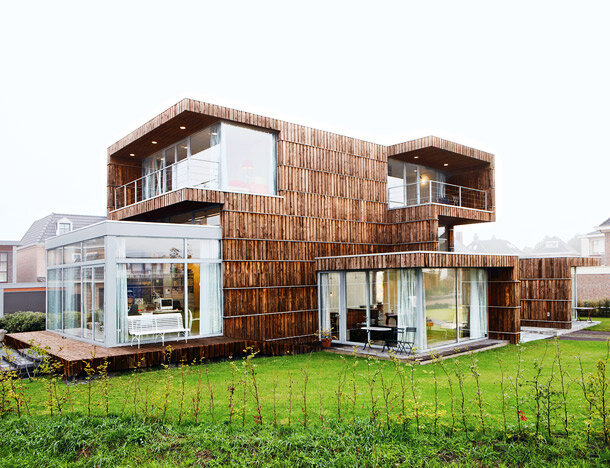Defending Captured Carbon: Ted Farmer
An interview with plant molecular biologist Dr. Ted Farmer of the University of Lausanne
Dr. Edward Farmer is a pioneering voice in plant electrophysiology, one of the first researchers to explore the intricate interweavings of plants’ genetic, electrical, and molecular signaling responses. He takes particular interest in the workings of the jasmonate pathway - what he refers to as “defending captured carbon.” A self-proclaimed “decidedly unspiritual scientist,” Ted advocates against popularizing plants by likening them to ourselves. In our meetings, his exuberant excitement about the incredible sophistication of plants is tempered only by his self-deprecating humility - especially relative to the capabilities of his leafy research participants. He concludes many of his answers with the phrase: “What a pity we don’t know more.”
How did you get involved in the field of plant electrophysiology, and what has been your most exciting finding to date?
Like many avenues we’ve explored, we were drawn into electrophysiology by the need to understand some unexpected results. Realising that every plant uses electrical signals was a great moment because it allows us to use our favourite plants (Arabidopsis thaliana) for in-depth experiments. Each new experiment in this field is exciting…
Arabidopsis thaliana, commonly known as thale cress, is a favorite among plant scientists because of its short generation time, small size, and ability to self-pollinate. Often considered a “weed”, thale cress is one of the first species to regrow on marginal lands - restoring the soil for greater biodiversity to follow. It endears itself to its researchers in less strictly practical ways as well, such as its habit of swiveling its leaves to follow the light in what scientists would call positive phototropism and artists might call a slow-motion “sunbathing dance.”
Dr. Farmer’s lab studies Arabidopsis thaliana’s jasmonate pathway. A munching caterpillar triggers one leaf to send slow-wave potentials (SWPs) to neighboring leaves, thereby stimulating jasmonate production. The jasmonate then acts on gene expression to slow down growth and to redirect metabolism towards producing defense molecules and repairing damage.
What is our biggest misconception about plants? What positive impact could reversing this "phyto-misconception" have on the world?
A really big misconception is that plants are not very sophisticated. If we could reverse this people would look at plants in a far more positive light. There are some people out there who understand that it is wrong to underestimate plants, but who then claim that plants are ‘intelligent’ or can ‘learn’. That doesn’t help at all. The fact is that plants do things differently to us but they are truly amazing.
Tell us about the moment you felt most strongly connected to nature.
I’ve had many such moments. Being charged at by a forest elephant in Gabon was certainly one of them. He pushed through a curtain of dense vegetation and ran angrily along the river bank only a few feet from our pirogue. Hearing an old tree fall naturally in a dense tropical forest was another unforgettable experience. Smelling a fresh rose is a beautiful & more readily available experience.
Can you help us envision a world where human identity is regrounded within our natural ecosystems? What do you think this better future would look like?
Living in a house that would one day be recycled would connect us strongly to our natural world. I think we need to build all our houses in wood. Ideally, the source forest would be nearby, and people would see exactly where the wood is coming from – even knowing what species of tree it is. I wish I lived in such a house…
This house in Enschede (NL) is built from salvaged materials gathered within a 9 mile (14 km) radius of the construction site. Composed of steel framing from abandoned machinery in a textile mill, wood paneling from 600 cable rigs, cupboards from old advertising billboards, and lighting from the townspeople’s donated umbrellas, this house is part of a growing trend toward recycled and circular houses.


